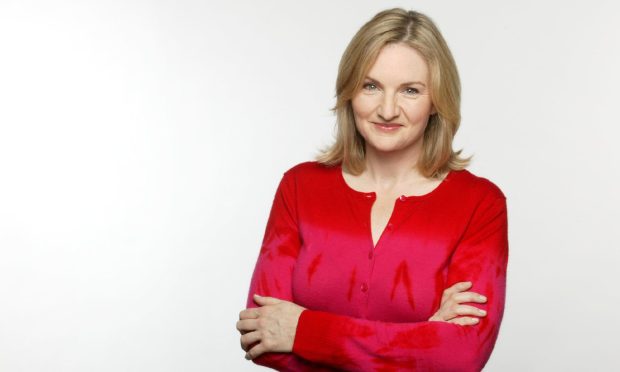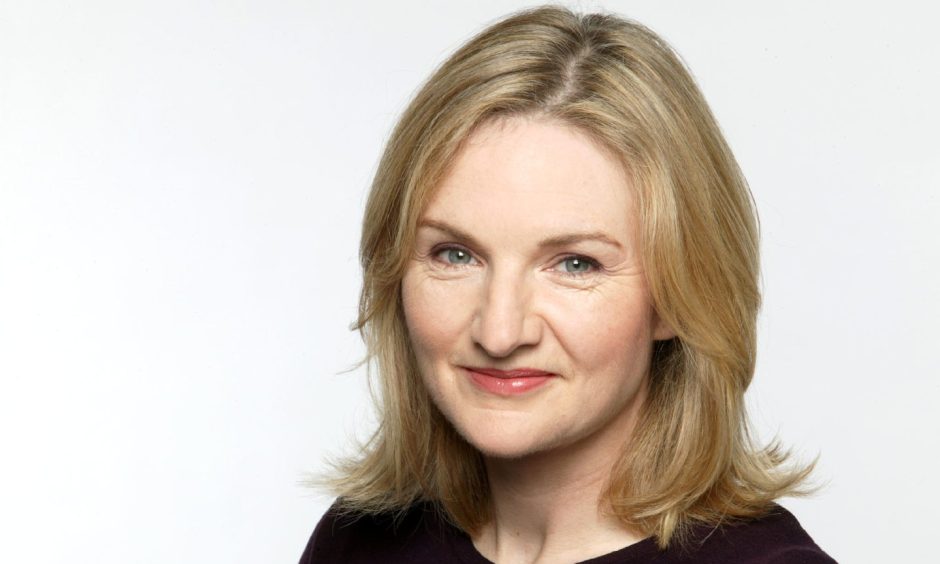The son of a Dundonian radio presenter has revealed that a £60,000 fundraiser allowed his family to afford food after his mum’s Alzheimer’s diagnosis.
BBC Radio presenter Susan Rae, 67, was diagnosed with the progressive disease in 2022.
She moved to a retirement community apartment after being left unable to work.
As the disease progressed, her son Rory Cargill revealed how care costs increased to the point of being “unaffordable” for her family.
Speaking to The Sunday Times, he said: “It seems insane to say it but the money from the fundraiser we held for mum means being able to afford food is no longer an issue.
“That was the reality we faced; what seemed to be on the cards for us.
“We raised about £60,000 and some money is still coming in. Kirsty Wark, the television presenter, and Alan Titchmarsh, the gardener, even donated.
“It really was life-changing. I genuinely don’t know what we would have done without it.”
Susan worked with DC Thomson after leaving university before moving on to take up work at BBC Radio Aberdeen.
£60k raised for family of Dundonian former presenter
She is best known as being the announcer on BBC Radio 4 and was diagnosed with early-onset Alzheimer’s in 2022, but has since been diagnosed with mid-stage Alzheimer’s – which is the longest stage of the illness.
As a result, she will be unable to return to work.
“I don’t think mum knows she has moved to mid-stage”, Rory continued.
“Sometimes she knows she has something wrong with her but she can’t remember that it’s Alzheimer’s.
“On other days she knows exactly what’s going on and when you talk to her about it, she fully understands.
“A lot of people don’t know that it comes in waves, usually for two weeks at a time.
“Then her fluency suffers and there’s more confusion.”
‘She pines for the work she used to do’
Rory says that his mother’s short-term memory is affected as a result of her illness – but that her long-term memory is “remarkable”.
He added: “Mum still listens to her two favourites, Radio 4 and Radio 3, every day. I got her a dementia-friendly radio.
“But she pines for the work she used to do. She really misses it, and talks about it a lot.
“A lot of things that are written about people in the public eye with dementia suggest they’ve been written off, but the reality is that it’s not the end of their story.”












Conversation